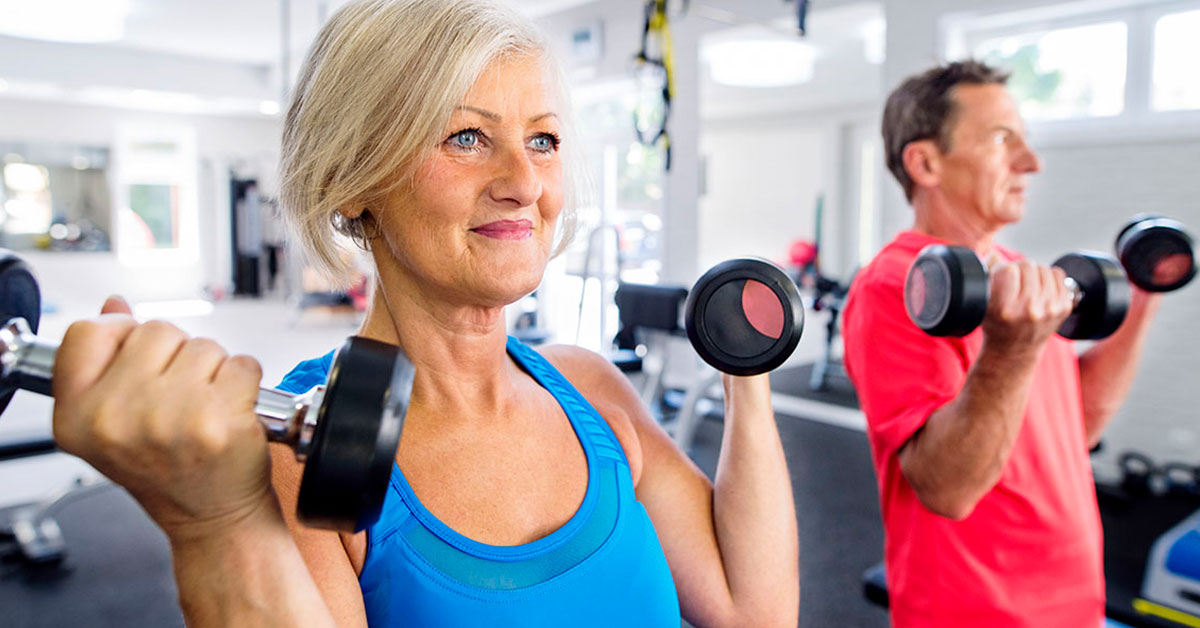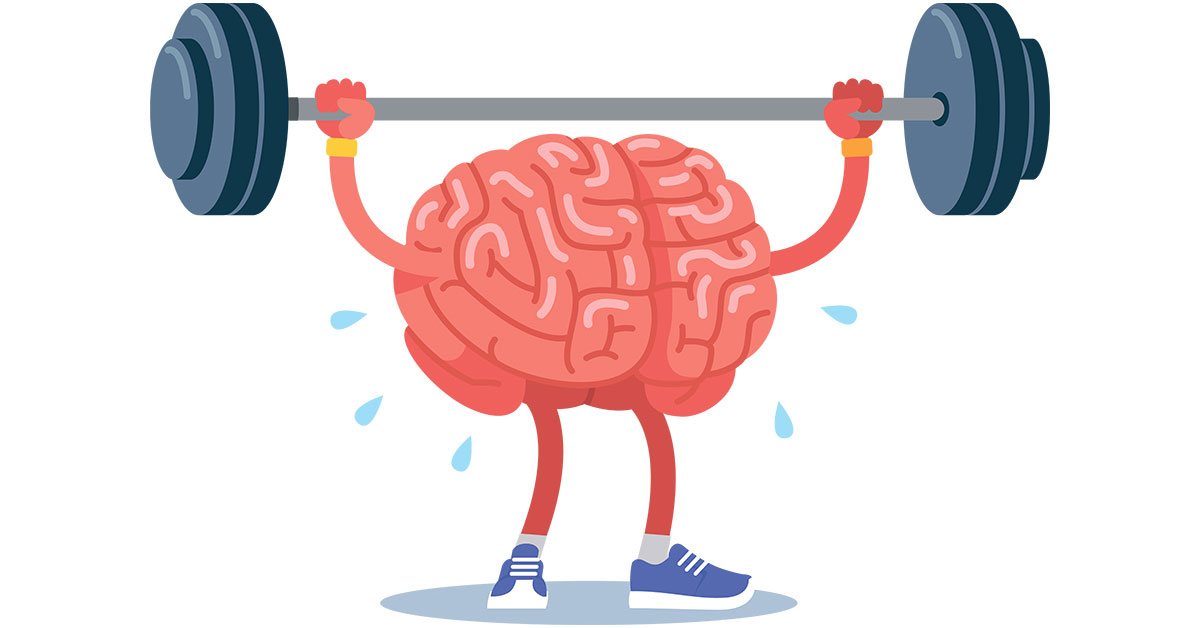Embarking on a fitness journey can be both exciting and daunting. Whether you’re aiming to improve your health, lose weight, or simply feel more energetic, starting with the right mindset and approach is crucial. This beginner’s guide to fitness will provide you with essential tips, practical advice, and motivational insights to help you stay active and feel great.
Understanding the Basics of Fitness
What Is Fitness?
Fitness is not just about hitting the gym or lifting weights; it encompasses a wide range of activities that improve your physical and mental well-being. It includes cardiovascular exercises, strength training, flexibility workouts, and balance exercises. The goal is to enhance your overall health, boost your energy levels, and improve your quality of life.
Benefits of Staying Active
Regular physical activity offers numerous benefits, including:
- Improved Cardiovascular Health: Engaging in aerobic exercises like running, swimming, or cycling strengthens your heart and lungs.
- Weight Management: Exercise helps burn calories, build muscle, and maintain a healthy weight.
- Enhanced Mental Health: Physical activity releases endorphins, reducing stress, anxiety, and depression.
- Better Sleep: Regular exercise can improve sleep quality and help regulate sleep patterns.
- Increased Energy Levels: Staying active boosts your stamina and reduces fatigue.
Getting Started with Your Fitness Journey
Setting Realistic Goals
Setting achievable and specific goals is the first step in your fitness journey. Start with small, attainable targets such as walking for 30 minutes a day or doing a short workout three times a week. Gradually increase the intensity and duration of your workouts as your fitness level improves.
Choosing the Right Exercise Routine
Finding an exercise routine that you enjoy is key to maintaining consistency. Here are some popular options for beginners:
- Walking or Jogging: These are great cardiovascular exercises that require no special equipment.
- Yoga: Perfect for improving flexibility, strength, and mental clarity.
- Bodyweight Exercises: Push-ups, squats, and lunges can be done anywhere and are excellent for building strength.
- Cycling: A fun way to get outdoors and improve cardiovascular health.
- Swimming: A low-impact exercise that is gentle on the joints and works the entire body.
Creating a Workout Schedule
Consistency is crucial for seeing progress. Create a workout schedule that fits your lifestyle. Aim for at least 150 minutes of moderate-intensity or 75 minutes of high-intensity exercise per week. Break it down into manageable sessions, and ensure you include rest days to allow your body to recover.
Tips for Staying Motivated
Find a Workout Buddy
Exercising with a friend can make workouts more enjoyable and keep you accountable. A workout buddy can provide encouragement, support, and a sense of camaraderie.
Track Your Progress
Keeping track of your progress can be highly motivating. Use a fitness app, journal, or a simple calendar to log your workouts, note improvements, and celebrate milestones.
Mix It Up
Variety is the spice of life, and it applies to fitness too. Mixing up your workouts prevents boredom and challenges different muscle groups. Try new activities like dance classes, hiking, or joining a sports team.
Reward Yourself
Setting up a reward system can keep you motivated. Treat yourself to something enjoyable after reaching a fitness goal. It could be a new workout outfit, a massage, or a special outing.
Nutrition and Hydration
Eating for Energy
Proper nutrition fuels your workouts and aids recovery. Focus on a balanced diet rich in whole foods, including lean proteins, complex carbohydrates, healthy fats, and plenty of fruits and vegetables. Avoid processed foods, excessive sugar, and unhealthy fats.
Staying Hydrated
Hydration is crucial for optimal performance and recovery. Aim to drink at least 8 glasses of water a day, and increase your intake during workouts. Listen to your body’s signals and avoid dehydration by drinking water before, during, and after exercise.
Overcoming Common Challenges
Dealing with Soreness
Muscle soreness is common, especially for beginners. To alleviate discomfort, try gentle stretching, warm baths, and using a foam roller. Ensure you get adequate rest and avoid overtraining.
Staying Consistent
Life can get busy, and it’s easy to skip workouts. Prioritize your fitness by scheduling it like any other important activity. Set reminders, pack your gym bag in advance, and remind yourself of your goals and the benefits of staying active.
Seeking Professional Guidance
If you’re unsure where to start or how to progress, consider seeking guidance from a fitness professional. Personal trainers can create customized workout plans, provide valuable feedback, and ensure you’re performing exercises correctly.
Conclusion
Starting a fitness journey as a beginner can be incredibly rewarding. By understanding the basics of fitness, setting realistic goals, choosing enjoyable exercises, and staying motivated, you can create a sustainable and enjoyable routine. Remember to listen to your body, prioritize proper nutrition and hydration, and seek support when needed. Stay active, and you’ll soon experience the incredible benefits of a healthier and happier lifestyle.










